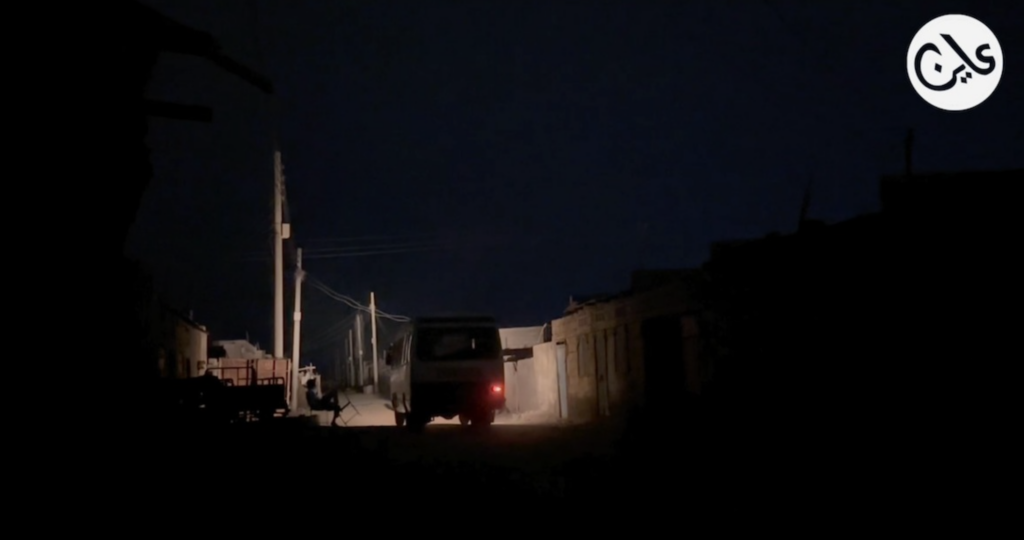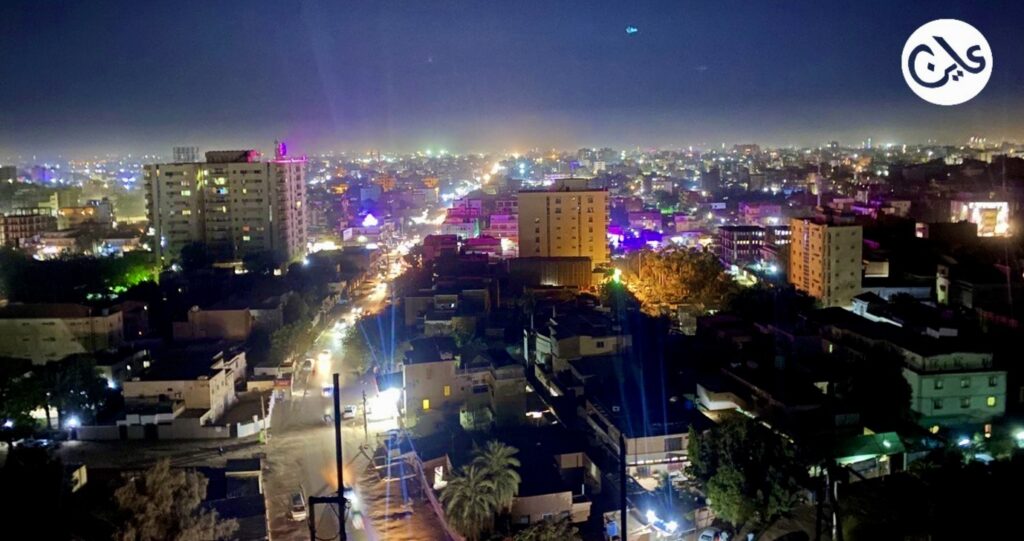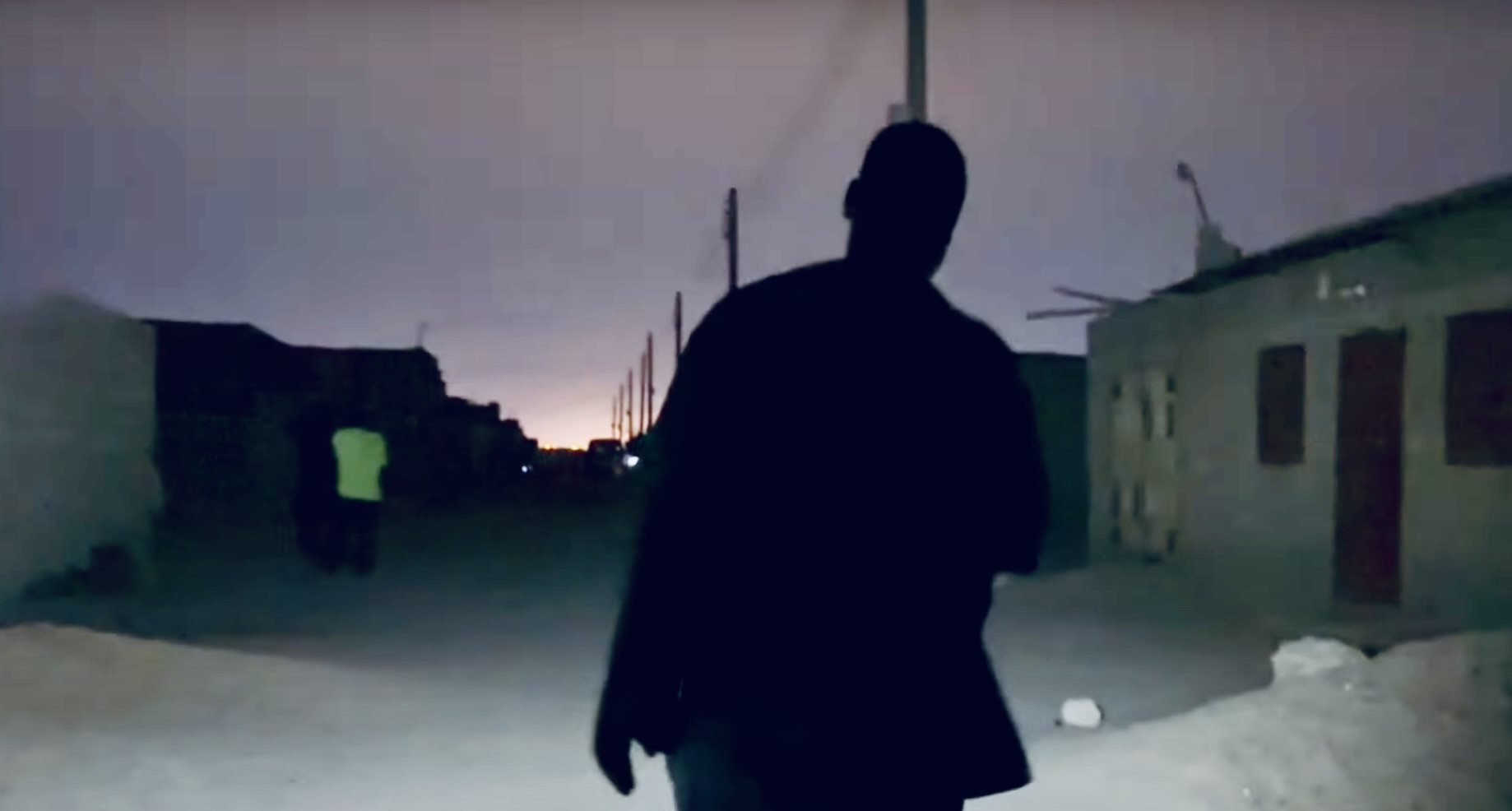RSF suicide drones target power stations
19 January 2024
As Sudan’s war surpasses 21 months in duration, the paramilitary Rapid Support Forces are using suicide drones to target power stations in army-controlled areas. In January alone, the RSF have destroyed four transformer stations that previously transmitted electrical powr to six states, including the capital, Khartoum.
Given the already weak electrical infrastructure, these latest attacks will likely lead to supply cuts for the next few days, if not weeks, says energy researcher Mamoun Ahmed. The researcher believes that the drones targeting the transformer stations are intended to paralyze basic services in army-controlled areas and turn public opinion against the army.
“The electricity infrastructure suffers from obvious weakness during the war, and production barely covers the relatively safe states in the north and east of the country,” Ahmed said. “During the summer, there is expected to be a major energy crisis that may lead to programming outages lasting half a day in cities and villages connected to the public network.”
The use of drones in warfare gained prominence in April 2024 when a small drone crashed into a celebration hall during an iftar of the army-aligned Al-Baraa Bin Malik military group in Atbara, River Nile State.

Gedaref, Kassala, Omdurman
Eyewitnesses from the town of Shawak, located 50 kilometers east of the eastern city of Gedaref, reported seeing fires burning near the main transformer station that supplies Gedaref and Kassala states with electricity. This incident occurred at 1 am on 18 January, isolating the states of Kassala and Gedaref states from the public network.
“Kassala and Gedaref states depend on supply from Setit Dam and Upper Atbara River because the war has isolated them from the Merowe Dam network, so electricity cannot be restored to the two states before the damage is repaired in the coming hours,” Ahmed added.
In the market of the city of Gedaref, the sounds of diesel generators rose, especially in the mills and spices market, due to the power outage, while citizens placed mobile phones on the shops to charge them with energy, as it was impossible to obtain a supply in homes.
The price of a can of fuel (about four liters) has also risen to 18,000 pounds (equivalent to $7) due to the power outages, according to Mubashar Ali, a sellar in the Gedaref market. “The power outages have exacerbated the suffering of citizens, and may extend to two or three days if maintenance teams do not move quickly.”
In Omdurman, the shutdown of the Al-Markhiyat station led to a power outage since last monday. Water stations stopped in conjunction with the energy crisis, and citizens resorted to the Nile to fetch water. Communication networks were also affected by the scarcity of electricity supply, and the Internet network stopped in some neighborhoods, residents told Ayin.

Long distance targeting
Weapons expert Mohammed Abbas believes the drones can be used from long distances to target infrastructure in the army controlled areas. “The modern drones that have reached the Rapid Support Forces over the past two months can fly for long hours and long distances, and can be launched from inside Chad on the border with the Darfur region to target all cities inside Sudan,” he said. “Modern drones take pictures of infrastructure, then aim accurately at it to cause heavy losses.” With such technology at RSF’s disposal, Abbas says, no region will be immune from armed threats.
The conflict has already severely weakened electrical production after two thermal power stations in Khartoum North. A reliable source from the energy ministry in Port Sudan, the temporary capital of the defacto government in the army-controlled area, told Ayin that authorities fear further attacks on transformers. “They have targeted the town of Ad-Dabbah earlier this month, the Al-Markhiyat line extending to Omdurman near the Merowe Dam in the north, and the Al-Shawk station in the east of the country.”
He added: “Efforts are underway to find solutions to safeguard the electricity infrastructure in the eastern and northern states […] iIt is believed that these operations will persist as long as the war continues.”
He further explained that prior to the war, electricity companies sourced spare parts for transformer stations and infrastructure from local factories. However, this option is no longer viable, leading to significant losses as the government now has to import spare parts worth thousands of dollars.


